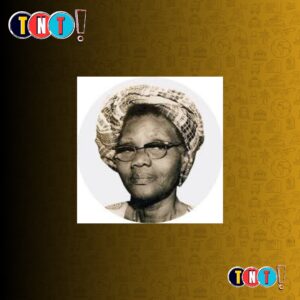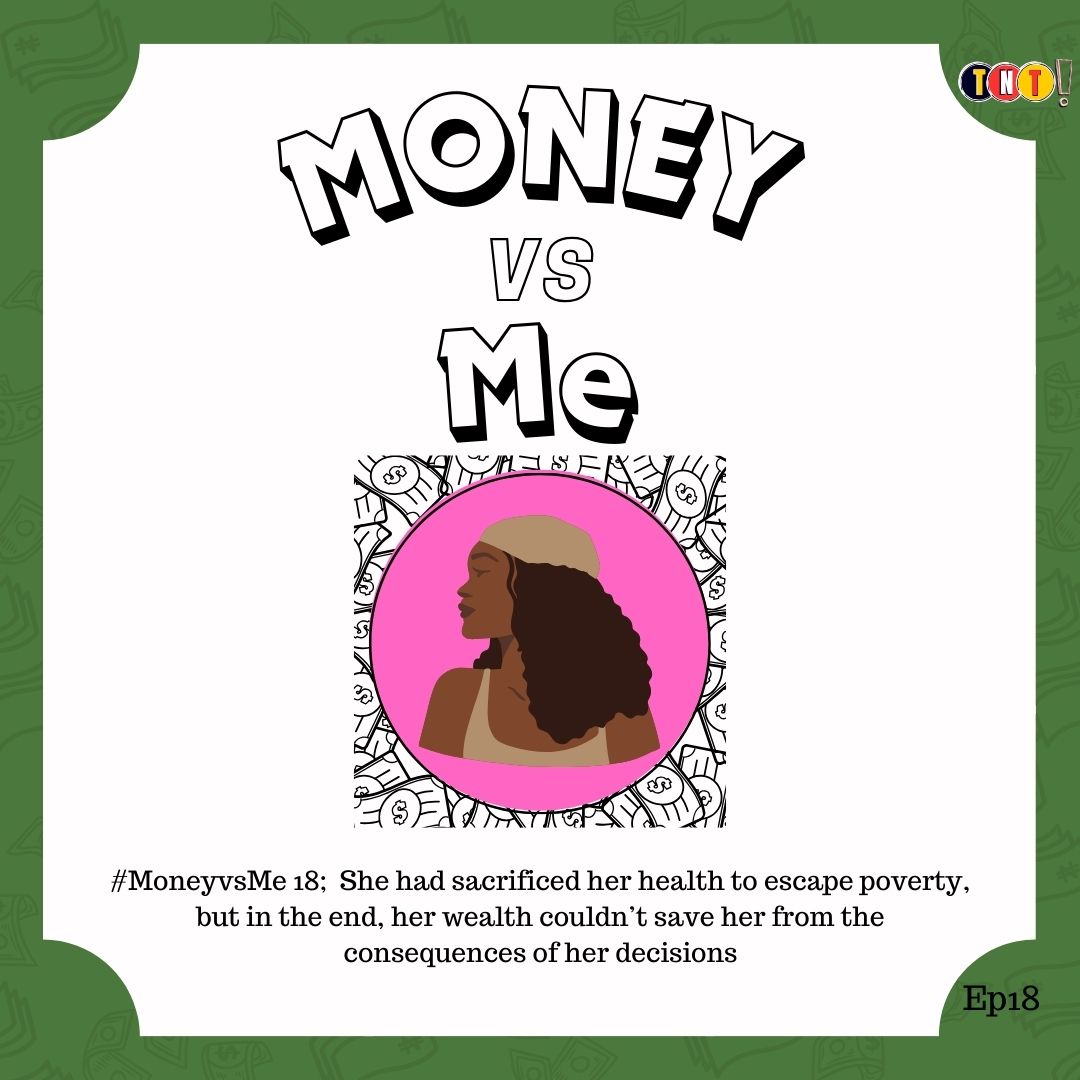Funmilayo Ransome-Kuti, a name etched in the annals of Nigerian history, stands as a towering figure whose life’s work reverberates with courage, advocacy, and unwavering dedication to social change. Born on October 25, 1900, in Abeokuta, Nigeria, Funmilayo’s journey from a humble beginning to becoming a pioneer of activism and women’s rights remains a testament to her indelible mark on the nation’s history.

Early Life and Education
From her early years, Funmilayo Ransome-Kuti displayed exceptional intellect and a fierce determination to challenge societal norms. Educated at Abeokuta Grammar School and later at the prestigious University of London, where she pursued further studies in England, Funmilayo’s education equipped her with the tools to critique colonialism and advocate for Nigerian independence.
Activism and Advocacy
Returning to Nigeria in the 1930s, Funmilayo Ransome-Kuti plunged into activism with fervor. She became a vocal advocate for women’s rights, championing causes such as education for girls, economic empowerment, and political participation. Her efforts led to the formation of various organizations, including the Abeokuta Women’s Union (AWU), which she founded in 1946. This union became a powerful force in challenging colonial injustices and promoting women’s rights locally and nationally.
During her leadership of the AWU in the years preceding Nigeria’s independence from Britain in 1960, Ransome-Kuti frequently engaged British district officials to articulate her organization’s stance, encapsulated in their slogan “no to taxation without representation.” In these meetings, she would eloquently express herself in Yoruba, often leaving officials scrambling to find an interpreter.
In 1918, tax policies had been introduced that required women as young as 15, (the age at which they were considered marriageable) including those who were unemployed, to pay three shillings a year as income tax. Men, on the other hand, did not have to pay it until they were 18.
Ransome-Kuti formed the AWU in 1946 with the aim to “defend, protect, preserve, and promote the social, economic, cultural, and political rights and interests of the women in Egbaland.” This initiative arose in response to reports of government agents raiding homes, forcibly stripping girls to assess their age for taxation purposes. Due to the commission-based nature of their work, these agents were often involved in extortion and abuse.
Following years of grievances, women mobilized under Ransome-Kuti’s leadership. In December 1947, they besieged the palace of Oba Ademola II, chanting war songs day and night to demand the suspension of the tax, and she won, the women won.
Ransome-Kuti gained national renown for her activism. She frequently spoke on women’s rights, both domestically and internationally, and conducted tours across her region to raise awareness about women’s political and voting rights.
Political Trailblazer
Funmilayo’s activism extended beyond women’s rights to encompass broader political struggles. She was a prominent voice in the fight against colonial rule, advocating for Nigerian independence and participating actively in political movements. Her role in shaping Nigeria’s political landscape earned her respect and admiration, establishing her as a formidable leader and strategist.
Legacy and Impact
Funmilayo Ransome-Kuti’s legacy endures as a beacon of inspiration for generations of Nigerians and Africans alike. Her contributions to education, social justice, and political activism paved the way for future leaders and activists. She was a catalyst for change, challenging systems of oppression and advocating for a more just and equitable society. It’s so sad history has reduced her as the first woman to ride a car.
How Did Funmilayo Ransome-Kuti Died
Funmilayo Ransome-Kuti, a prominent Nigerian women’s rights activist and political leader, died on April 13, 1978, following complications from injuries sustained during a military raid.
In February 1977, a significant and tragic event occurred: soldiers from the Nigerian military raided the commune of her son, Fela Kuti, a famous musician and political activist. The raid, which was a brutal response to Fela’s outspoken criticism of the Nigerian government, led to the destruction of his property and severe violence against the residents of the commune, including Funmilayo Ransome-Kuti. She was thrown from a second-story window, resulting in severe injuries.
Despite receiving medical attention, she never fully recovered from these injuries. Her health continued to deteriorate over the following year, and she eventually passed away due to complications related to the trauma she had endured. Funmilayo Ransome-Kuti’s death was a significant loss for Nigeria, as she was a pioneering figure in the fight for women’s rights and social justice in the country.
Recognition and Remembering
Today, Funmilayo Ransome-Kuti is remembered not only for her remarkable achievements but also for her fearlessness in confronting societal injustices. Her legacy lives on through her descendants, notably her son Fela Kuti, who continued her legacy of activism through his music and political engagement.
In celebrating Funmilayo Ransome-Kuti, Nigeria honors a pioneer whose life’s work transcends time and continues to inspire movements for social change and justice. Her courage, resilience, and unwavering commitment to equality remain a guiding light for all who strive for a better, more equitable world.



